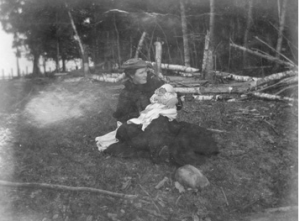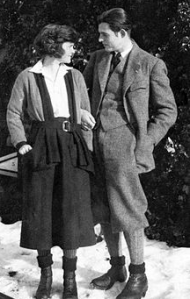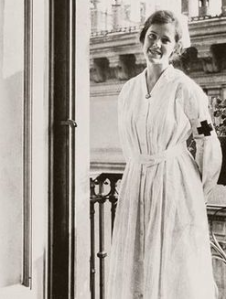I was born in a Chicago suburb on July 21, 1899, and grew up changing as America was changing. Oak Park was a place of conservatism. You could not buy cigarettes, drink Alcohol, or behave immorally any which way. I was the oldest son of a physician and a music teacher. My parents, well-to-do and educated people, are one of the reasons I became a writer. I sat down in front of a typewriter and bled. They taught me how to do that.
My father committed suicide before I turned 30. He was a doctor. Those who knew me did not know. In World War I participated as an ambulance driver. They said my eyesight was too bad to fight. We were on the Italian front, fighting. From there, I stayed in Paris with my bestie-friends Gertrude Stein, F. Scott Fitzgerald, James Joyce, and some others. At the age of 36 I went off the Spanish American War, and at 44 I went off to the Normandy invasion, invited as a reporter landing on Omaha Beach (16).
As a young man we had a lake Michigan home my father would take me to for hunting and fishing. I learned these skills as an apprentice learns from his master, observing and then trying. The trout were plentiful at the lake, as were the campsites, hiking trails, baseball games, and women. It was truly an American place for me in my childhood (17).
Teddy Roosevelt was good at sports. It made a boy want to be good at sports. I was not good at sports. Consider me to be the slowest in running, the clumsiest in football, and the swimmer most likely to drown. My event was “the plunge”, where I swam underwater for distance. I learned how to box when I grew taller. I learned how to protect myself against men of all sizes. I admired the boxers. The baseball players were also deserving men of respect. After finding myself in Spain at the right time, bullfighters were the only athletes worth watching (20).
I never went to college, though I did read many books.
~EH
Source:
Wagner-Martin, Linda. A Historical Guide to Ernest Hemingway. Oxford University Press, New York: 1999.




 Agnes Von Kurowsky and I had a very short story together. She inspired my short story “A Very Short Story”.
Agnes Von Kurowsky and I had a very short story together. She inspired my short story “A Very Short Story”.